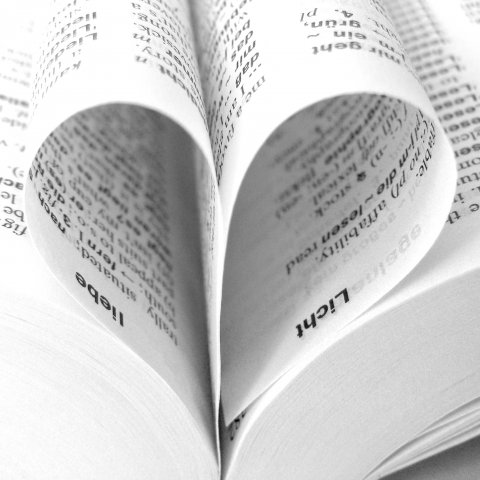Poetry unites countries, nations and cultures and helps people understand each other. Within centuries, thoughts and feelings has been passing through people’s hearts in the form of poetry, reminding that we all are one big family and that we, all being so different, in reality are very alike each other.
Professor from the Department of Russian Language and Literature of the Institute of Social Sciences and Humanities, Natalia Zykhovskaya, told us whether poetry as a genre is popular in the age of information technologies, and whether there is a place for poetry in the industrial city of Chelyabinsk.
.jpg)
– The Department of Russian Language and Literature performs training of bachelors and masters of philology. Do students often choose poetry as the object of their research work?
‒ We should start with the fact that the topics of research works are connected with preferences of scientific supervisors. Lecturers from our Department have an interest for both classic and contemporary poetry. Therefore, graduating students write their diploma papers on compositions of Esenin, Brodsky, Vysotsky, Okudzhava and on the newest rock poetry, women’s Internet poetry and even on poetry of Russian rap alike!
– Is poetry as a genre popular in the age of information technologies?
‒ As it was said in a well-known movie, “There will be nothing: no movies, no theatre, no books, and no newspaper. Only television.” Poetry was predicted to soon become extinct for multiple times, but it is still alive; it is changing, developing; it is multisided and beautiful just as life itself. Dmitry Bykov, a contemporary poet, prosaic writer and journalist, says that poetry is a concentrate of strength and happiness; and our anemic society greatly lacks both of them.
– Chelyabinsk is an industrial city. Is there a place for poetry in it?
‒ There is, without a doubt. Chelyabinsk has something to be proud of, regarding poetry! First of all, it is the phenomenon of Ural Poets’ Movement (UPM) which includes poets from Chelyabinsk. There are many various poetry festivals (and even Internet video festivals), reading marathons, forums, poets’ meetings and presentations of poems organized in the city; there are constantly operating poets’ platforms, specifically, the Podramnik enlightenment cycle and regular poetical meetings entitled “Poems about…”, where poets gather together and recite poems on the most unexpected topics. All this proves the fact that poetry in all its guises is not alien to the tough industrial image of the city; on the contrary, poetry can soften and transform it.




